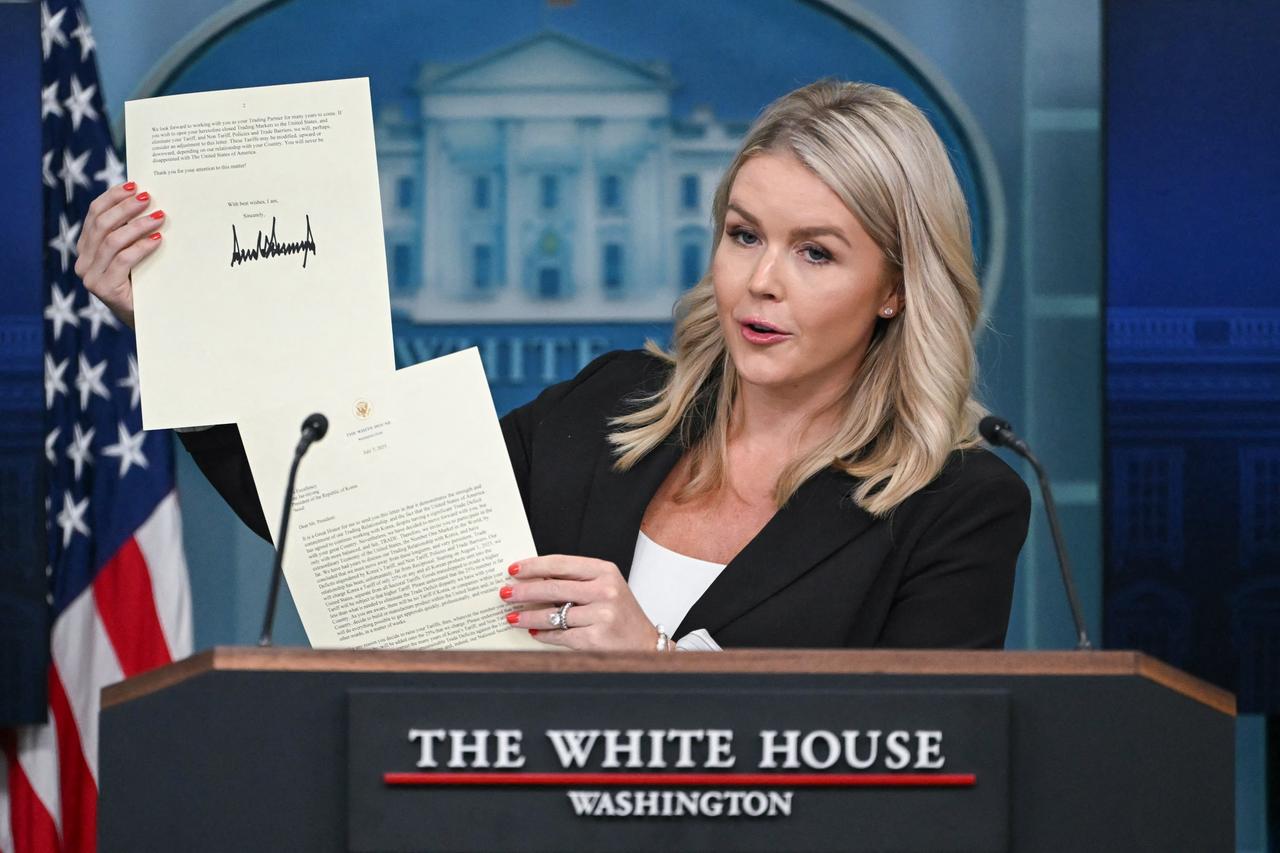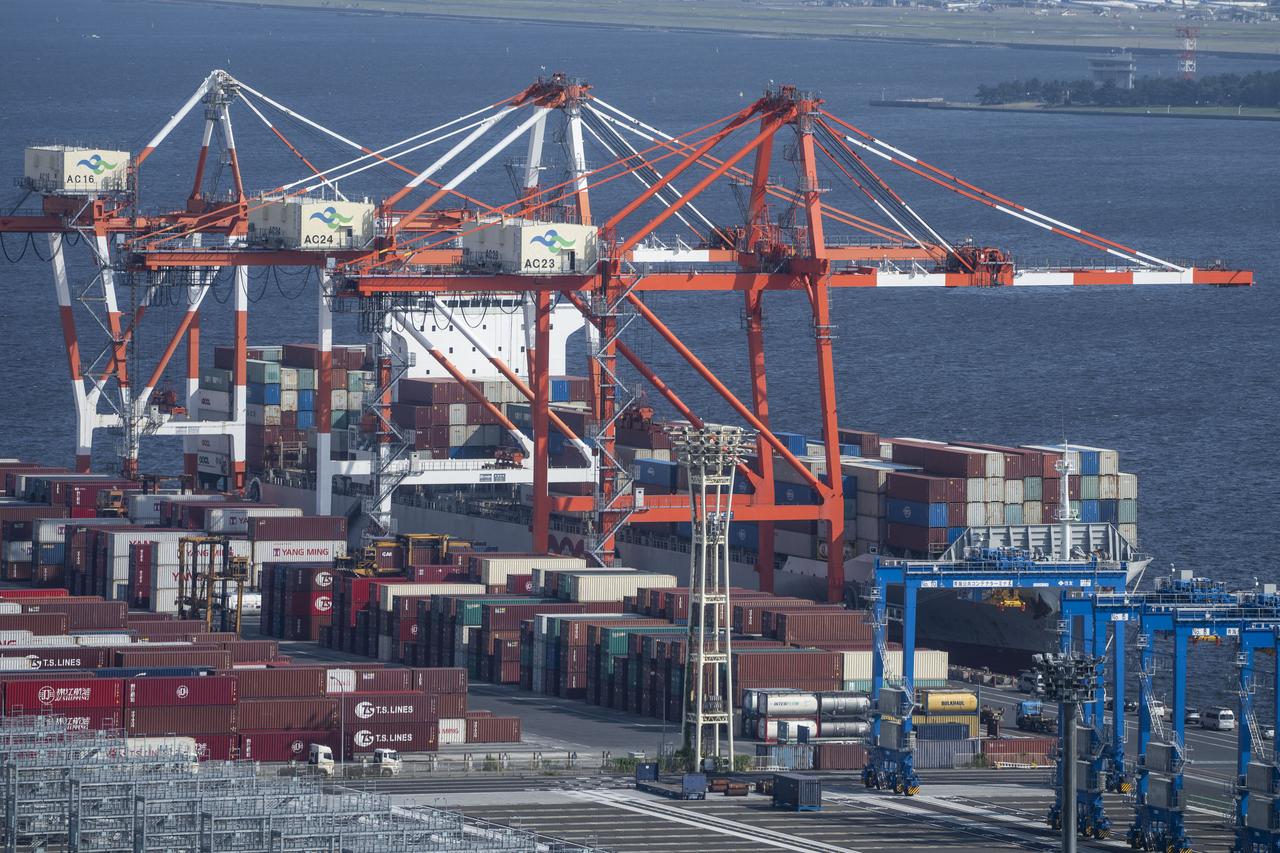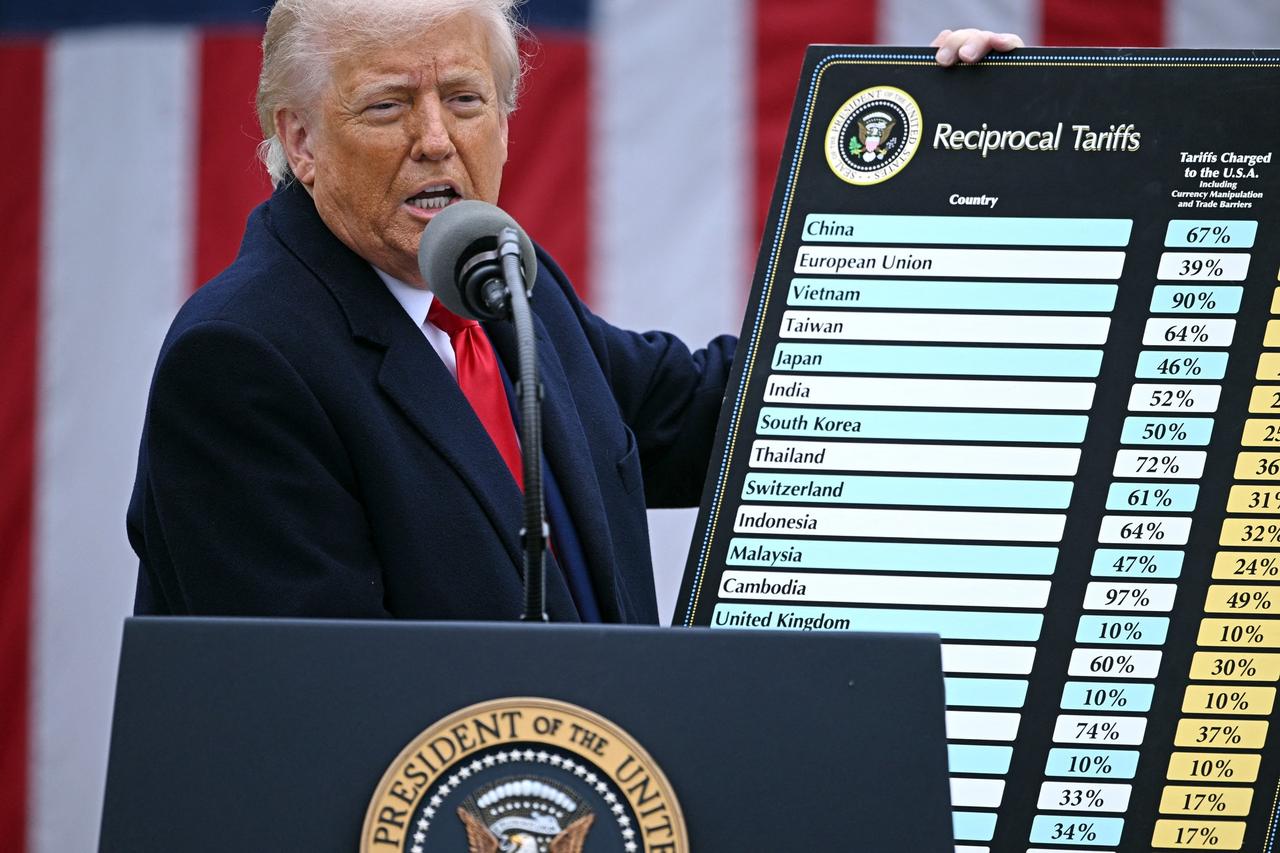
United States President Donald Trump on Monday announced that Washington will impose a 25% tariff on goods from Japan and South Korea beginning Aug. 1, citing what he described as "far from reciprocal" trade relationships.
Trump posted letters addressed to Japanese Prime Minister Ishiba Shigeru and South Korean President Lee Jae-myung on Truth Social, warning that any retaliatory tariffs would prompt additional levies on top of the 25%.
“If for any reason you decide to raise your Tariffs, then, whatever the number you choose to raise them by, will be added onto the 25% that we charge,” Trump wrote.
Trump also issued similarly worded letters to leaders of South Africa, Malaysia, Myanmar, Laos, and Kazakhstan, saying their products could face duties ranging from 25% to 40%.
The tariffs are part of a wider trade push that Trump reinitiated after suspending a previous set of levies in April. At the time, he declared April 2 “Liberation Day” and claimed the United States was being “ripped off” by trading partners.
White House Press Secretary Karoline Leavitt said Trump would sign an executive order Monday to delay the original July 9 tariff deadline, pushing implementation to Aug. 1 to allow time for additional negotiations.
Leavitt added that approximately 12 other U.S. trade partners will receive similar notifications from Trump in the coming days, and that the administration would publish its "reciprocal tariff rate" schedule next month.
“It's the President’s prerogative, and those are the countries he chose,” Leavitt said when asked why Japan and South Korea were targeted first.
The affected countries are already subject to a 10% tariff imposed by Trump on nearly all U.S. trading partners. Trump said he would consider lowering the new tariffs if countries “changed their trade policies.”
“We will, perhaps, consider an adjustment to this letter,” Trump wrote.
Japan’s Prime Minister Ishiba said Sunday that he "won’t easily compromise" in trade talks with Washington.

The letters mark a major escalation in Trump’s trade policy, which has produced limited results since the president vowed in April to secure “90 deals in 90 days.” To date, the United States has reached trade agreements only with Britain and Vietnam. A temporary deal with China has also seen both countries agree to scale back tariffs.
Treasury Secretary Scott Bessent said Monday that several new trade deals may be announced soon.
“We are going to have several announcements in the next 48 hours,” Bessent told CNBC. “We’ve had a lot of people change their tune in terms of negotiations. So my mailbox was full last night with a lot of new offers, a lot of new proposals.”
Bessent also said he would meet with his Chinese counterpart in the coming weeks. U.S.-China high-level talks have taken place in Geneva and London, but the temporary pause on mutual tariffs is set to expire in mid-August.
Trump’s trade adviser Peter Navarro said he is satisfied with current progress.
“I’m happy with the progress we’ve had,” Navarro said, brushing off criticism over the small number of deals secured.

Trump has also warned of additional 10% tariffs on countries aligning with BRICS, accusing them of adopting “Anti-American policies” after the bloc condemned U.S. duties at a recent summit.
Despite the escalating rhetoric, some partners remain engaged. The European Commission said EU chief Ursula von der Leyen had a “good exchange” with Trump on trade during a phone call Sunday.
Asia Society Policy Institute Vice President Wendy Cutler said Trump’s announcements would likely unsettle close U.S. allies.
“This announcement will send a chilling message to others,” Cutler said, noting that companies from Japan and South Korea have made “significant manufacturing investments in the U.S. in recent years.”